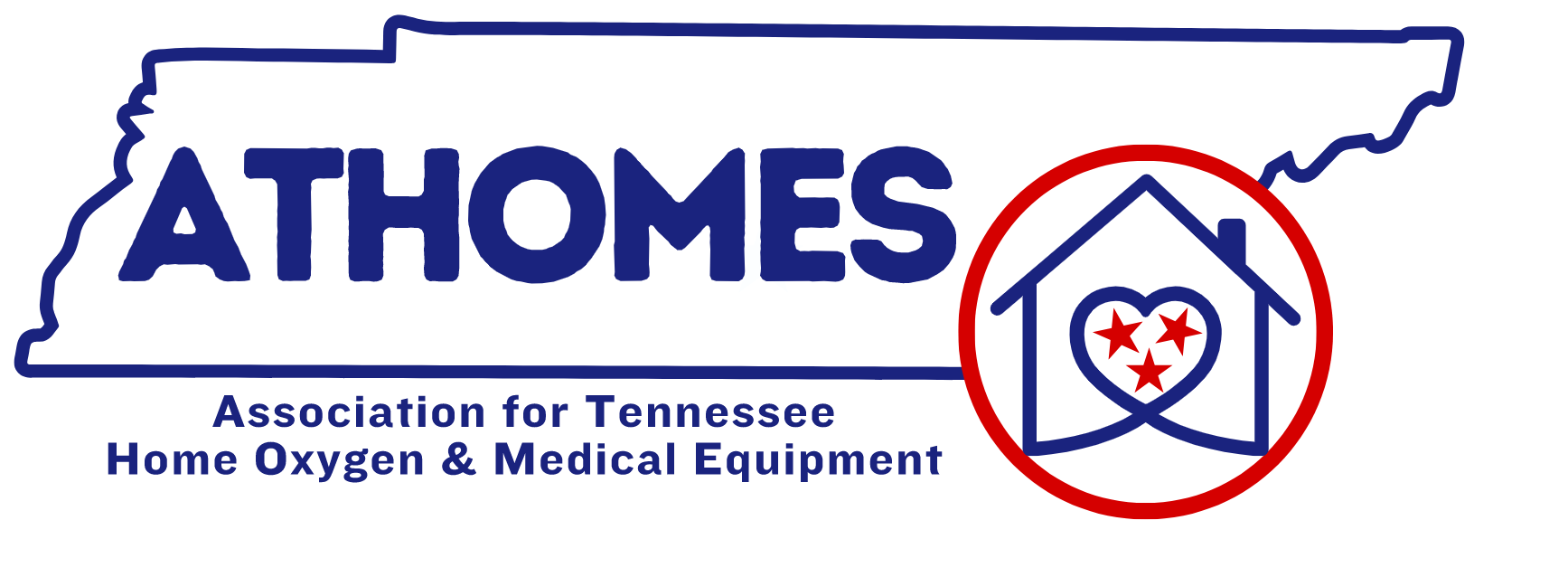|
OIG: Expanded FAQs
Beginning in March, 2023, the Office of Inspector General (OIG) of the U.S. Department of Health and Human Services (HHS) has expanded the topics it considers for new FAQs submitted by providers as follows:
1. General questions about the federal Anti-Kickback Statute (AKS), prohibitions on remuneration to Medicare and beneficiaries of state healthcare programs, and the OIG’s enforcement of these statutes
2. Questions about the general application of the AKS and prohibitions on inducements to beneficiaries to arrangements that may implicate these statutes
3. Questions about compliance considerations
4. OIG’s Health Care Fraud Self-Disclosure Protocol
5. General questions about topics covered by existing FAQs; including advisory opinions, exclusions, and the OIG’s whistleblower protection coordinator function.
Providers should submit their questions to OIGComplianceSuggestions@oig.hhs.gov.
The OIG’s expansion of consideration of providers’ questions in FAQs is important because providers may be able to obtain the necessary guidance without expending time and money to obtain an OIG Advisory Opinion.
In addition, the OIG has provided several FAQs that may be especially important to providers. Two of these FAQs are detailed below.
“How does OIG differentiate between ‘cash,’ ‘cash equivalents,’ and ‘in-kind’ gift cards? How would OIG categorize a gift card to a big-box store? How would OIG categorize a gift card to a big-box store, the terms of which expressly limit the scope of items the consumer could purchase with such gift card (e.g., the gift card could only be used to purchase fresh food items)?
‘Cash’ refers to monetary payments in the form of currency. (Note that cash could be transmitted electronically, too, such as through a peer-to-peer application.) ‘Cash equivalents’ include items convertible to cash (such as a check) or items that can be used like cash, such as a general-purpose prepaid card such as a Visa or Mastercard gift card. Gift cards offered by large retailers or online vendors that sell a wide variety of items (e.g., big-box stores) could easily be diverted from their intended purpose of converted to cash. Consequently, OIG considers such gift cards to be cash equivalents. (We note that the regulatory text of the Preventive Care Exception, found at 42 CFR Section 1003.110, uses the term ‘instruments convertible to cash’ not ‘cash equivalents.’ The phrase ‘instruments convertible to cash’ refers to a subset of ‘cash equivalents,’ which includes a broader range of remuneration. For example, OIG would consider a preloaded prepaid card to be a ‘cash equivalent’ but not an ‘instrument convertible to cash.’)”
“Does remuneration exchanged between entities with common ownership implicate the Federal anti-kickback statute?
The Federal anti-kickback statute is an intent-based, criminal statute that, as a general matter, prohibits payments in exchange for referrals or other Federal health care program business. Congress did not exempt from the statute’s prohibitions remuneration exchanged between entities with common ownership. Consequently, such remuneration could implicate the Federal anti-kickback statute. Furthermore, OIG has previously declined to provide safe harbor protection for remuneration exchanged between wholly-owned entities, including parent entities and their wholly owned subsidiaries, indicating that common ownership does not eliminate the risk of improper referrals under the statute:
‘…we are concerned…that integrated delivery systems, including arrangements involving wholly-owned subsidiaries [emphasis added], may present opportunities for the payment of improper financial incentives that result in overutilization of services and increased program costs and that may adversely affect quality of care and patient freedom of choice among providers…” See 64 Fed. Reg. 63,518, 63,520 (Nov. 19, 1999).
However, we recognize that as the health care industry move away from a fee-for-service payment model toward value-based care, providers may need additional flexibility to support legitimate, collaborative arrangements. Through our final rule at 85 Fed. Reg. 77,684 (Dec. 2, 2020) we finalized safe harbors that provide additional flexibility to providers and suppliers pursuing value-based arrangements. Illustratively, providers and suppliers with common ownership may be able to establish a ‘value-based enterprise’ and utilize the safe harbors that are available to those entities [See e.e., 42 CFR Section 1001.952(ee)-(gg).]
We note that compliance with a safe harbor is voluntary and that the advisory opinion process remains available for those who wish to obtain OIG review of a particular arrangements involving common ownership.”
The OIG certainly seems to “beg the question” in this FAQ. Questions about remuneration exchanged between entities with common ownership often occur outside of value-based arrangements. And, yet, if such remuneration is impermissible, what are the practical effects on the ability of multi-provider systems to operate?
FAQs from the OIG are another way for providers to gain knowledge and insight into important fraud and abuse compliance issues. Definitely worth reading!
©2023 Elizabeth E. Hogue, Esq. All rights reserved.
|


